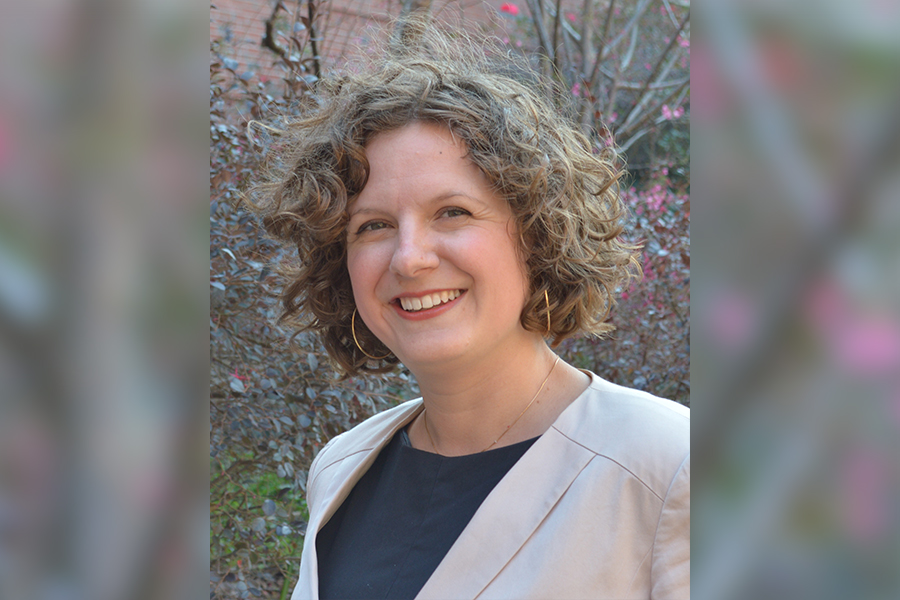Faculty Spotlight: Sara Hart

Department of Psychology faculty member Sara Hart. Photo courtesy Nathan Archer.
Sara Hart is an associate professor in the Department of Psychology, part of the College of Arts and Sciences. Hart has been teaching undergraduate and graduate courses at Florida State University for nine years and serves as the Developmental Psychology Area Director for the Department of Psychology.
Tell us a little about your background and academic credentials.
I am originally from Canada and moved to the U.S. for graduate school. I earned my master’s degree in Biobehavioral Health at Penn State University and earned my doctoral degree in Human Development and Family Science at Ohio State University. I moved to Tallahassee in 2010 to attend FSU as a postdoc student and began working at the Florida Center for Reading Research, an interdisciplinary research center at FSU that investigates reading-related skills across the lifespan.
When did you first become interested in cognitive development?
My bachelor’s degree is in psychology, so it was during undergrad that I first learned about “individual differences,” which is a psychological method used to understand how and why people are different from each other. During this time, I was also interested in why some students did better in school than others. When I was working on my doctoral degree, I collaborated with an adviser who studied reading and math development in children using the “individual differences perspective,” and that’s what led me to study cognitive development.
What are your current research interests, and what makes you passionate about them?
I am most interested in understanding how and why students learn and develop reading and math skills differently. I focus on the whole child in my work. I am passionate about understanding the variables that directly affect young students’ learning and cognitive skills in order to improve their learning environments and help them succeed academically.
What do you want the public to know about your research? Why is your topic important?
I want the public to know that if we can understand all aspects of children’s learning, no matter their level of performance in school, we can better support children’s needs within and outside of the academic setting.
How has COVID-19 impacted your research and your role as a professor?
Things are completely different. I teach virtually, interact with my lab members virtually, and do everything else virtually. A lot of my research is done through mail with schools across the country, so my ability to collect data and communicate about my research is directly affected by the mail slowdowns and school shutdowns of the pandemic. I work from home now, and I miss the energy of being on campus a lot.
What brought you to Florida State University? Why do you enjoy working at FSU?
As previously mentioned, I came to Florida State as a postdoc student working at The Florida Center for Reading Research. The Florida Center for Reading Research is one of the best places in the world to do my type of research, and I’m grateful it led me to FSU. I truly enjoy my colleagues and the students I work with at Florida State University.
What is your favorite part of your job? What is the most challenging part of your job?
My favorite part of my job is mentoring Florida State undergraduate and graduate students. The most challenging part of my job is lacking the time to do all the things I want to regarding my research and personal life.
How do you like to spend your free time?
I spend most of my free time hanging out with my family and friends and traveling.
If your students only learned one thing from you (of course, hopefully they learn much more than that), what would you hope it to be?
I was a first-generation college student, and I had no idea how to be successful in college or where to find the information I needed when I started my undergraduate career. Rather than students learning one specific topic from me, I hope to provide other first-generation college students and students needing guidance with the information or connections they need to become successful in college and beyond.
